The laboratory study suggests that the South African variant of the coronavirus may reduce antibody protection from the Pfizer Inc/BioNTech SE vaccine by two-thirds, and it is not clear if the shot will be effective against the mutation, the companies said on Wednesday.
The study found the vaccine was still able to neutralize the virus and there is not yet evidence from trials in people that the variant reduces vaccine protection, the companies said.
Still, they are making investments and talking to regulators about developing an updated version of their mRNA vaccine or a booster shot, if needed.
For the study, scientists from the companies and the University of Texas Medical Branch (UTMB) developed an engineered virus that contained the same mutations carried on the spike portion of the highly contagious coronavirus variant first discovered in South Africa, known as B.1.351. The spike, used by the virus to enter human cells, is the primary target of many COVID-19 vaccines.
Researchers tested the engineered virus against blood taken from people who had been given the vaccine, and found a two- thirds reduction in the level of neutralizing antibodies compared with its effect on the most common version of the virus prevalent in U.S. trials.
Their findings were published in the New England Journal of Medicine (NEJM).
Because there is no established benchmark yet to determine what level of antibodies are needed to protect against the virus, it is unclear whether that two-thirds reduction will render the vaccine ineffective against the variant spreading around the world.
Story Credit
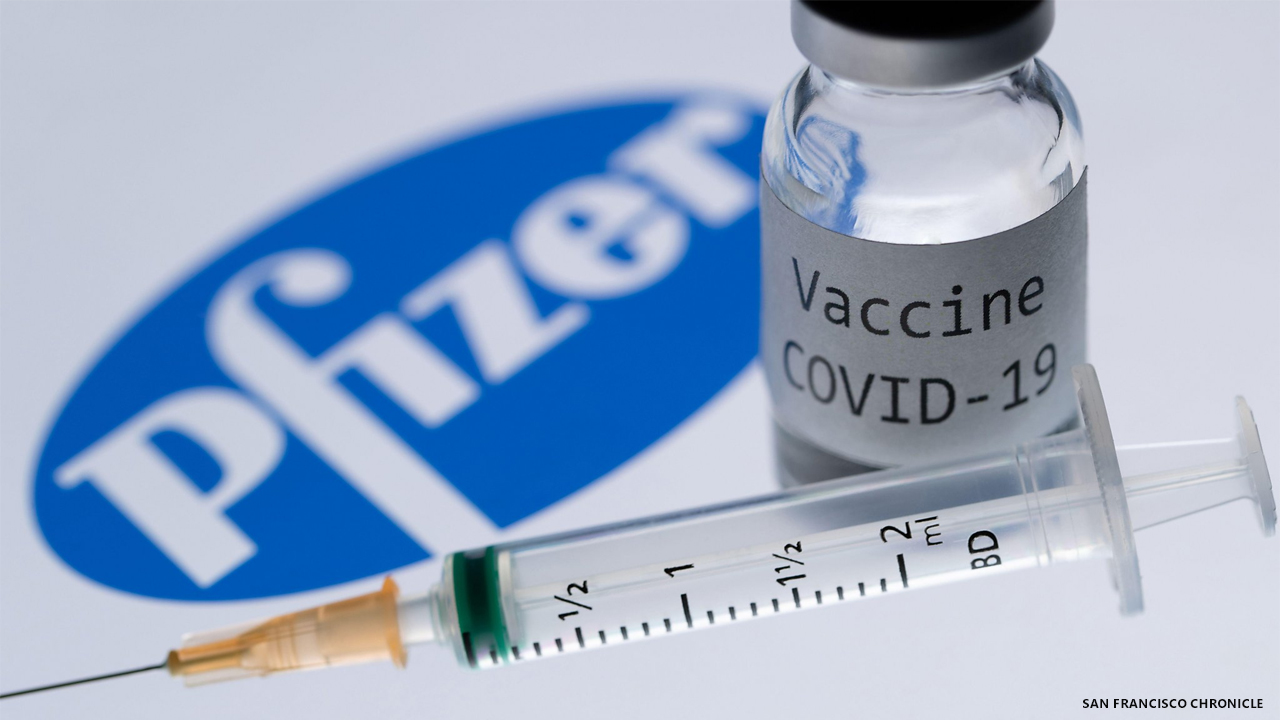
 Pfizer Inc/BioNTech said according to a laboratory study, the South African variant of the coronavirus may reduce antibody protection from their vaccine by two-thirds.
Pfizer Inc/BioNTech said according to a laboratory study, the South African variant of the coronavirus may reduce antibody protection from their vaccine by two-thirds.









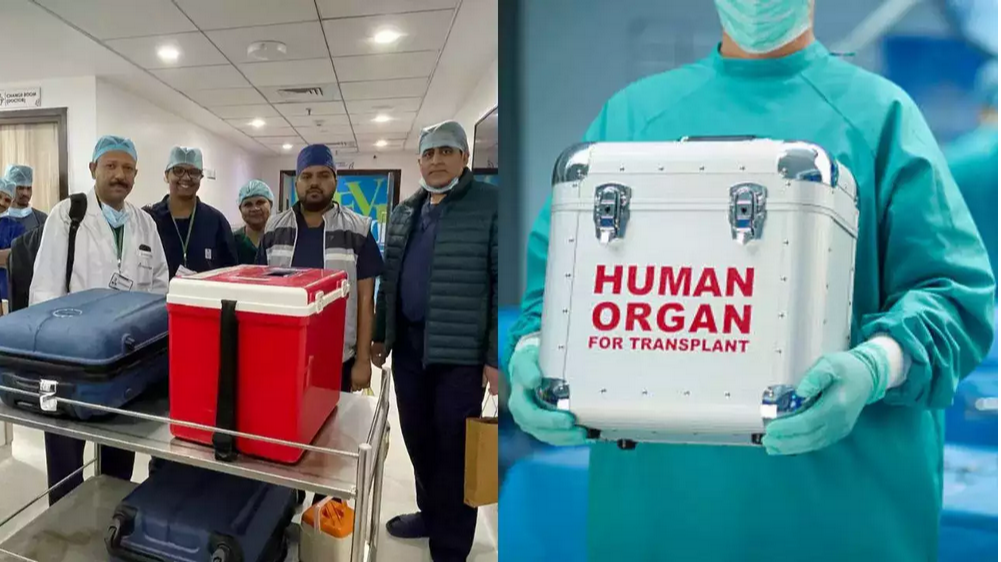
.jpg)
.jpg)
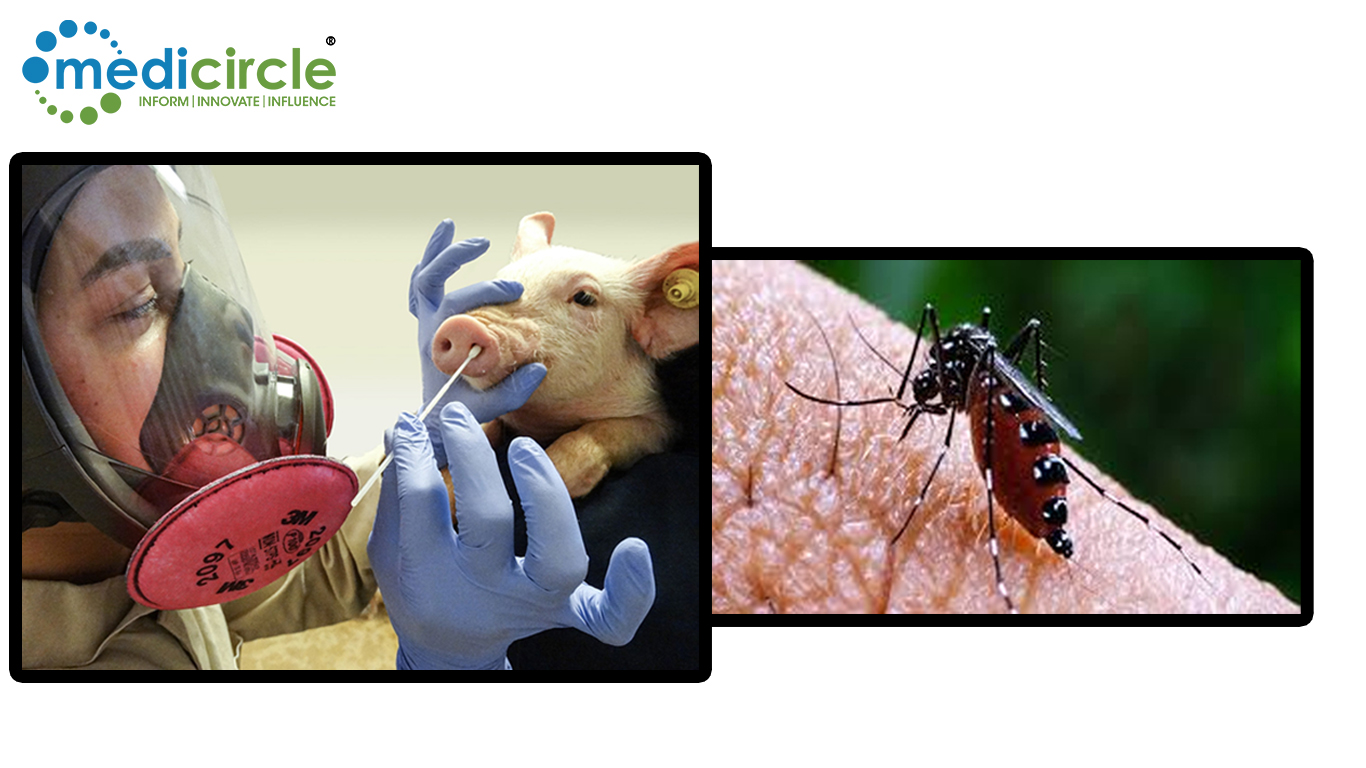
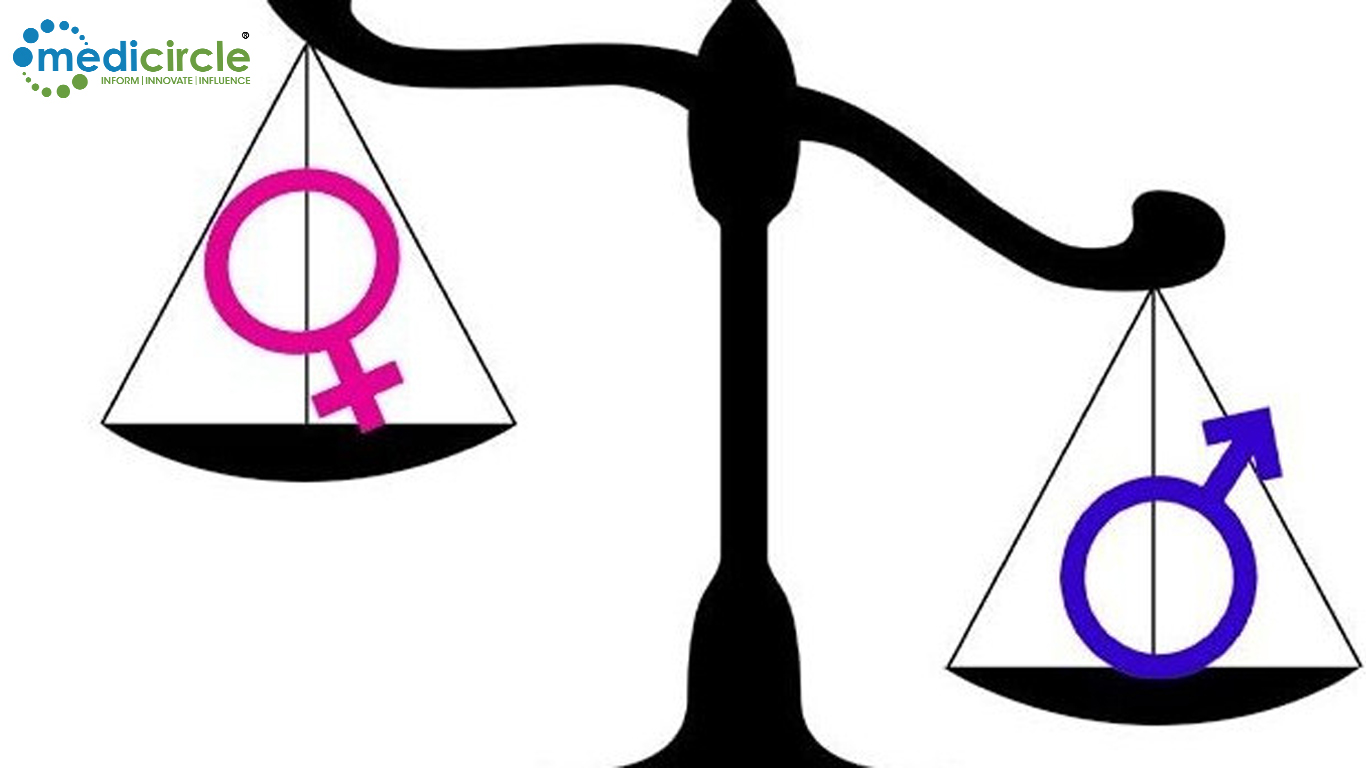

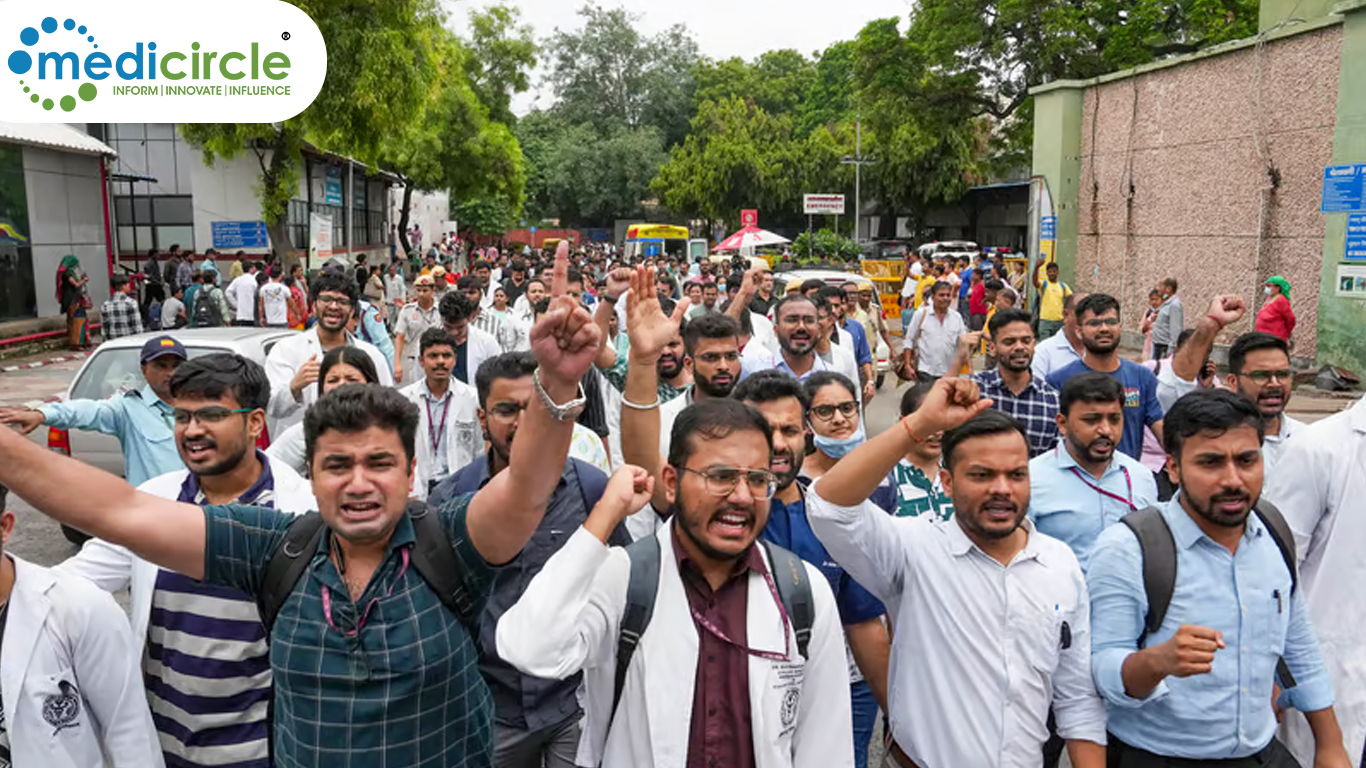





.jpeg)

.jpeg)










.jpg)




.jpg)

